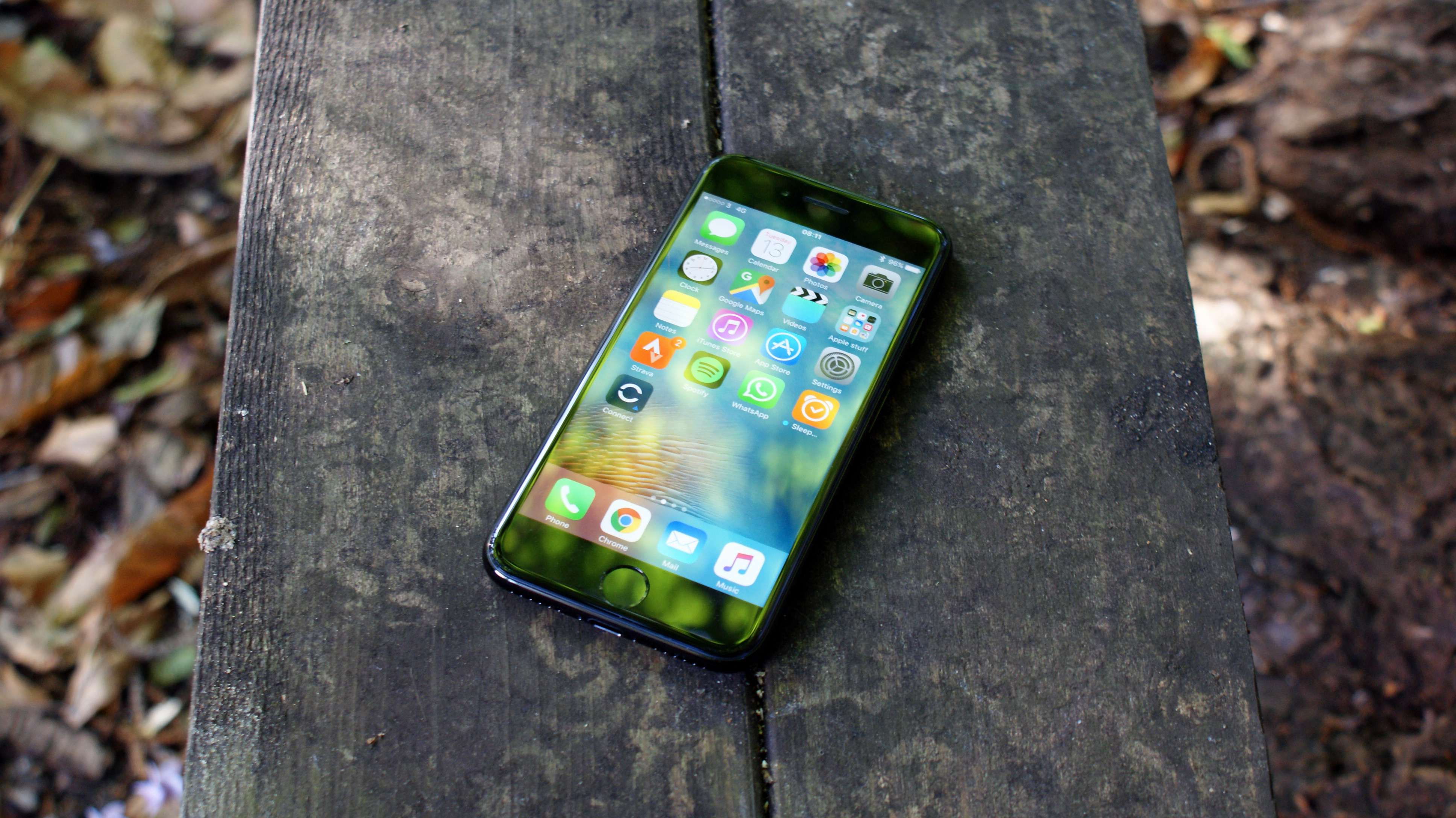Qualcomm pays €1.34bn bond to get some iPhones banned in Germany
Qualcomm posts security bonds as Apple appeals decision

Qualcomm has posted security bonds worth €1.34 billion to a German court, paving a way for a partial sales ban of some iPhones in the country.
On December 20 last year, a court in Munich found that certain iPhone models infringed Qualcomm’s patents, specifically those relating to power-saving technology.
The court issued an order requiring Apple to stop the sale and importation of the devices in question and to recall affected iPhones from resellers in the country.
iPhone ban
Apple is appealing the decision but said it would remove all iPhone 7 and iPhone 8 units from its own retail stores should Qualcomm post the bonds, which will be used for compensation should the appeal be successful.
However, Apple has given no indication it will recall the devices from its partners. It did not respond to requests for comment from TechRadar Pro.
The latest development forms part of a wide-ranging row between the two companies. Qualcomm has frequently claimed Apple has violated its patents, while Apple says Qualcomm is abusing its dominant position in the market and charging extortionate fees.
Qualcomm’s modem technology has been used in several iterations of the iPhone, but since the iPhone 7, Apple has diversified its supplier base, using Intel chips in some handsets.
Are you a pro? Subscribe to our newsletter
Sign up to the TechRadar Pro newsletter to get all the top news, opinion, features and guidance your business needs to succeed!
However, Qualcomm believes its modems have been completely eliminated from the most recent iPhones, a belief that is supported by independent teardowns.
Earlier in December, a Chinese court banned the import and sale of several older iPhone models in the country after Qualcomm’s request for an injunction was granted.
Qualcomm alleged that the iPhone violates another two of its patents – one relating to photo editing and another to touchscreen application multitasking – and the two patents had previously been found to be valid by SIPO, the Chinese patent office.
The devices affected are the iPhone 6S, iPhone 6S Plus, iPhone 7, iPhone 7 Plus, iPhone 8, iPhone 8 Plus and iPhone X. Apple’s latest trio of handsets – the iPhone XS, iPhone XS Max and iPhone XR – are not affected because they were released after the injunction was filed.
Reports at the time suggested that all affected devices were still on sale in the country.
- Here are the best iPhone deals in January 2019
Steve McCaskill is TechRadar Pro's resident mobile industry expert, covering all aspects of the UK and global news, from operators to service providers and everything in between. He is a former editor of Silicon UK and journalist with over a decade's experience in the technology industry, writing about technology, in particular, telecoms, mobile and sports tech, sports, video games and media.